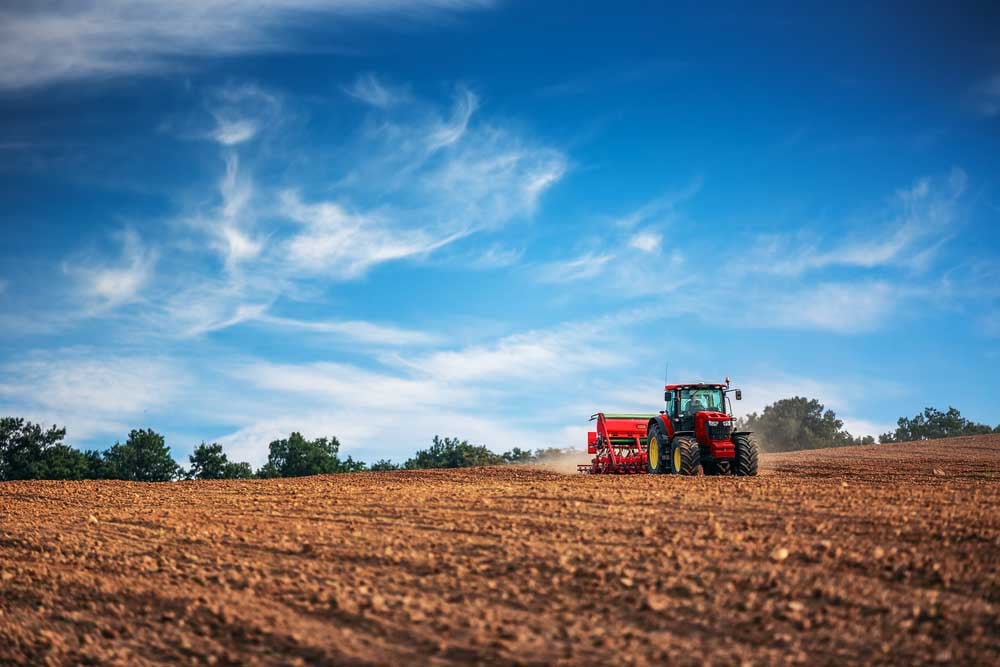
Agriculture insurance for farms has been a challenge, as the industry changes and insurance providers react to widespread claims due to weather patterns that have destroyed crops and property around the country. Some insurance companies that have historically been key players in agriculture insurance have closed their doors. The result is that the remaining companies are more selective about who they choose to insure.
Farmers and ag operations of all sizes have been feeling the effects with coverage being more difficult to get than it has in the past, and when they do get coverage, premiums have gone up. Many farmers may now be finding themselves struggling to find coverage. While you can’t control the weather, there are strategies that farmers and large ag operation managers can implement that will improve their insurability.
Stay up to date on regulations
Farmers should stay informed of local, state, and federal regulations related to their operations, and comply with them to avoid potential liability issues.
Manage risks effectively
Farmers should identify and manage risks effectively, such as ensuring their Property and equipment are properly protected. This should include keeping weeds down around buildings and bins. Maintaining equipment and keeping it clean to avoid fires from dust, pest damage, and debris build-up.
Choose appropriate coverage
Farmers should carefully consider the types of coverage they need for their operations, including crop insurance, livestock insurance, liability insurance, and equipment insurance.
Maintain good relationships with insurers
Farmers who have good relationships with insurers may be seen as lower risk and may be more likely to receive favorable rates.

Invest in training and education
Farmers who invest in training and education related to farm management and risk management may be seen as lower-risk and may be eligible for lower premiums.
Choose a higher deductible
Opting for a higher deductible can lower insurance premiums, as the farmer will assume more of the risk in the event of a loss.
Consider bundling policies
Farmers who bundle multiple insurance policies with the same provider may be eligible for a premium discount.
Implement risk management practices
As mentioned earlier, farmers who implement practices such as good loss prevention and maintenance make a good impression if an insurance inspector comes on-site.
Invest in equipment and infrastructure
Investing in equipment and infrastructure can help reduce the risk of losses due to equipment failure or natural disasters, which may lead to lower premiums.
Keep your grounds and equipment in good condition
It’s been said that first impressions are everything. Keep your farm looking nice with everything from well-maintained fences to mowing road banks and field perimeters and keeping equipment serviced and in good working condition.
Participate in government programs
Some government programs offer subsidies to farmers who participate in risk management programs, which can help reduce insurance premiums.
Maintain good credit
Farmers with good credit scores may be seen as lower risk and may be eligible for lower premiums. An insurance company will consider your overall risk profile and a poor credit score can cause them to shy away.
Overall, demonstrating a commitment to responsible farm management practices, staying informed of regulations, and choosing appropriate coverage can help farmers improve their insurability and reduce their insurance costs.
